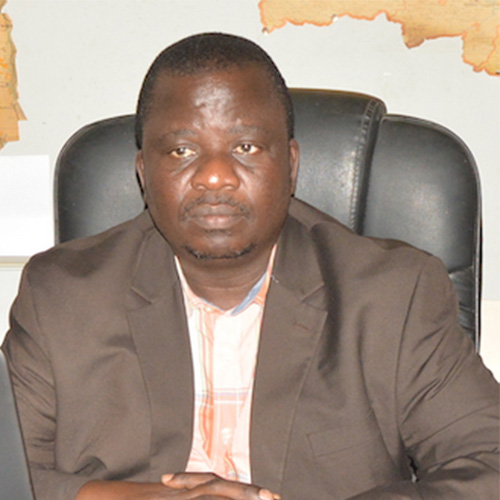
Pr. José Mangalu Mobhe Agbada
Country (Nationality)
Democratic Republic of the Congo
Grantee Title
Project: Geo-Spatial mapping of cardiovascular co-mordidity in South Africa: A novel approach to assess disease burden, hotspots and resource allocation
Grantee Description
José Mangalu Mobhe Agbada is Professor of Demography, Research Methods in Social Sciences and Humanities and Data collection Methods at l’Université de Kinshasa. He is currently Deputy-Dean in charge of Research at the Faculty of Economic Sciences. He is holder of Ph. D diploma in Demography from l’Université Catholique de Louvain (Belgium). He has been actively involved in several field researches on various themes, including health, migration, reproductive health, demographic dividend. He is also author of several scientific papers covering all these fields. In the recent past, he has received several grants for studies, researches and internships abroad. He is preparing a stay at the School of Public Health of the University of Witwatersrand in South Africa to work with Pr. Samuel MANDA and Pr. Ngianga-Bakwin Kandala on the project entitled: “Geo-Spatial mapping of cardiovascular co-mordidity in South Africa: A novel approach to assess disease burden, hotspots and resource allocation”.
Project: Geo-Spatial mapping of cardiovascular co-mordidity in South Africa: A novel approach to assess disease burden, hotspots and resource allocation
The project aims to address the challenge facing sub-saharan Africa region with the rinsing burden of lifestyle-related chronic conditions while at the same time battling with traditional and well-known infectious diseases including Tuberculosis and HIV. All these infections and civilization diseases constitute public health priorities for many Sub-saharan African countries, including South Africa and Democratic Republic of Congo. So, it is important for researchers of our region and our countries to identify the factors affecting these diseases in order to propose the relevant social economic and medical solution. The planned research will contribute to this objective. A final report and many collaborative scientific papers will be produced in margins of this project.
